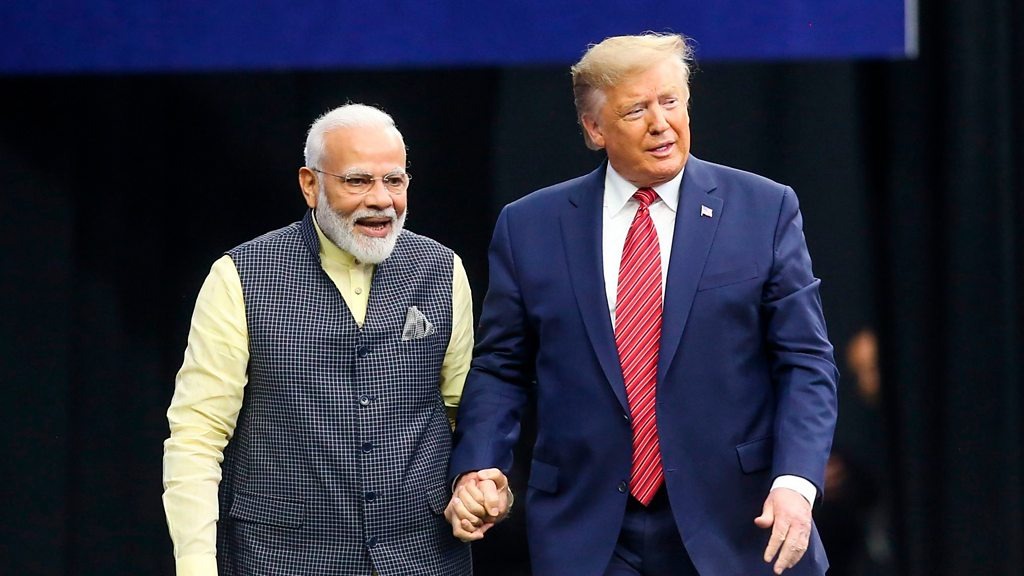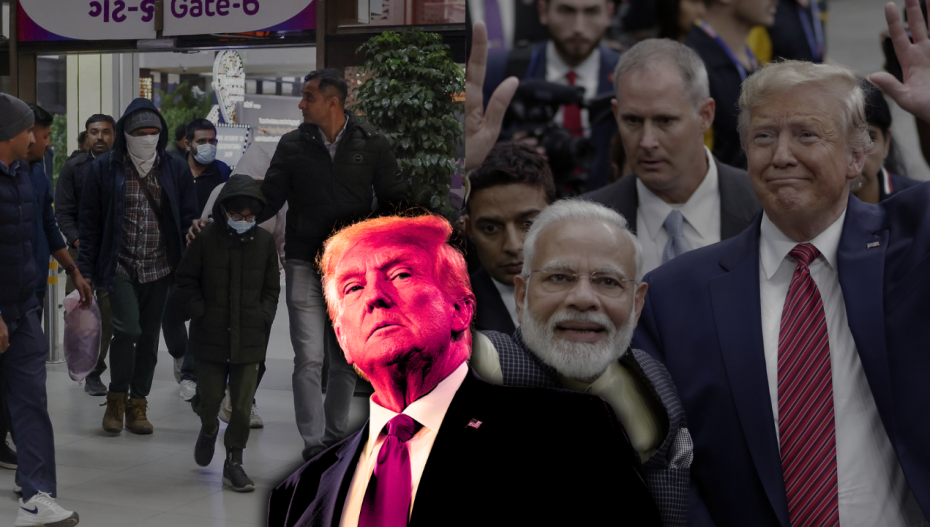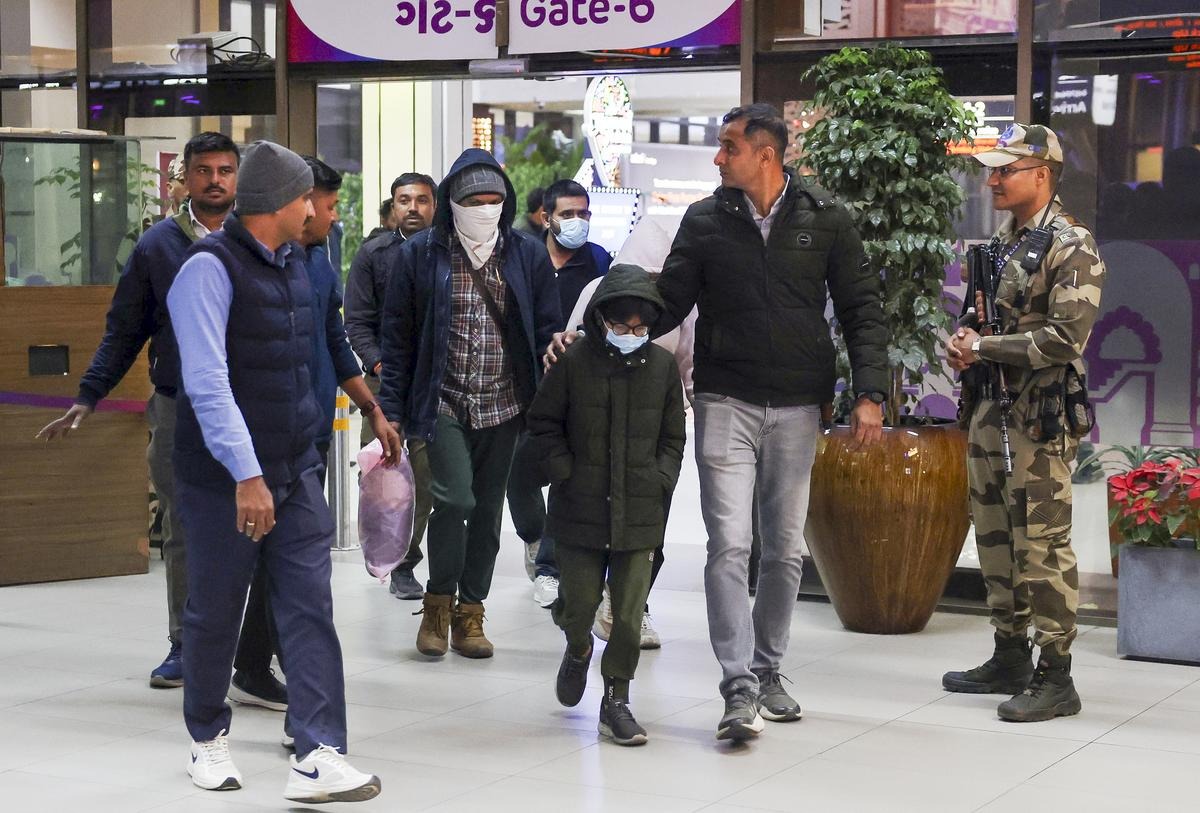Insensitive deportation of Indians is a humanitarian crisis which needs global intervention
I fondly remember my time as a student in the US where I was fortunate enough to receive a full scholarship. Besides deepening my academic rigour, I had come to realise what made the US a great nation. The US lived the values of equality, liberty, and human dignity. I was moved by America’s ability to confront its geopolitical missteps, acknowledge the abuses such as the ones directed at Abu Ghraib and the mistakes of its military with uprightness. It was a testament to the country’s commitment to transparency and self-reflection.

But, as a proud Indian and daughter of humanity, my gratitude towards America doesn’t blind me to the way the recent deportation of Indian illegal immigrants was carried out.
Every sovereign nation has the right to determine its policies regarding immigration and border control, which is a complex issue. So, while the US has the right to deport undocumented individuals, the manner of the exercise smacked of insensitivity and was highly unbecoming of the world’s oldest democracy.
In the case of 104 Indian deportees, they were shackled—both handcuffed and legcuffed—for over 40 hours during their flight back to India. During their return home via an American plane, they endured inhumane treatment, shockingly with only one toilet to share among them. The day humanity bled.
I am eager to know whether this issue will be broached when India’s Prime Minister Narendra Modi visits US President Donald Trump.
India’s PM has long maintained a personal friendship with President Trump, even campaigning on his behalf during the 2016 elections. Our PM had publicly praised Trump and encouraged Indians to support him during the 2016 elections, famously saying, “Ab ki baar, Trump Sarkar” (This time, a Trump Government).

Given the comfort level they have with each other, I respectfully call on President Trump to acknowledge the inhumane manner in which these deportations were conducted and offer an apology to the people of India for the distress caused to them.
While I feel a strong obligation to speak out against the unjust practices of deportation, I also urge my fellow Indians to confront a crucial question. If India is truly on the path of economic growth, development, and striving towards the vision of a “Viksit Bharat” (Developed India), then why are so many of us compelled to seek opportunities abroad to the point that we are willing to gamble our lives?
It pains me to see scores of Indians surrendering their passports in pursuit of better prospects abroad. Some from my state of Gujarat are not wealthy enough to buy their way into American citizenship, which raises further questions about the economic reality at home.
The tragedy of a family of four from Dingucha village, who froze to death while attempting to cross into the United States from the Canadian border, is a grisly reminder of the desperation of those who succumb, often fatally, to the lure of better opportunities outside Indian shores. The irony is that despite such stories being extensively reported, illegal immigration in Gujarat continues unabated.

This is not just an issue of immigration policy; it is a full-blown humanitarian crisis that needs urgent, coercive action.
Addressing the challenges of illegal immigration involves more than just tightening of enforcement measures. It calls for compassion, recognition of the dignity of everyone affected, and an unwavering dedication to uphold these principles on a global scale.
Both America and India, the world’s largest democracy, are uniquely positioned to demonstrate a more compassionate approach to sensitive immigration issues.
Ensuring that human dignity is never sacrificed at the altar of policy enforcement isn’t asking for much. Together, the two nations can set an example for a better, kinder world.
Watch Vibes of India‘s exclusive discussion:
Also Read: Why are Gujarati Migrants Fleeing the Model State?
















